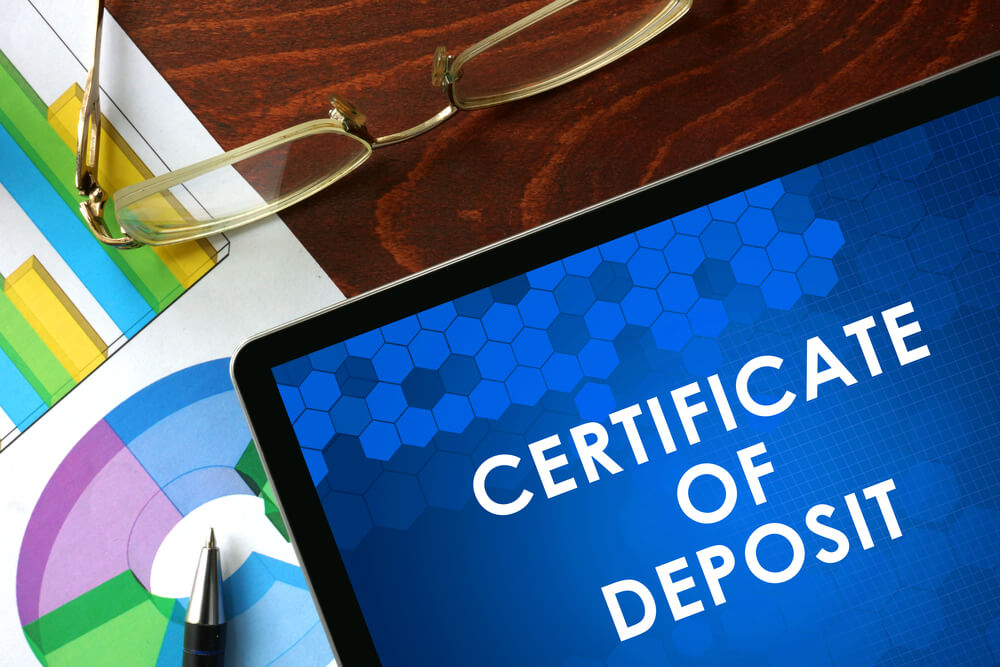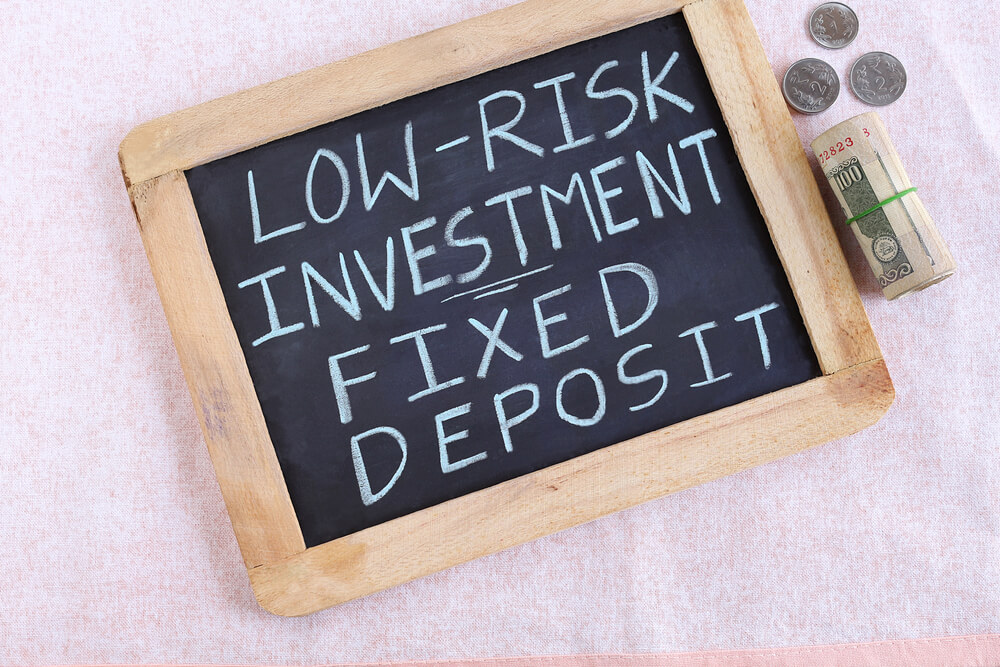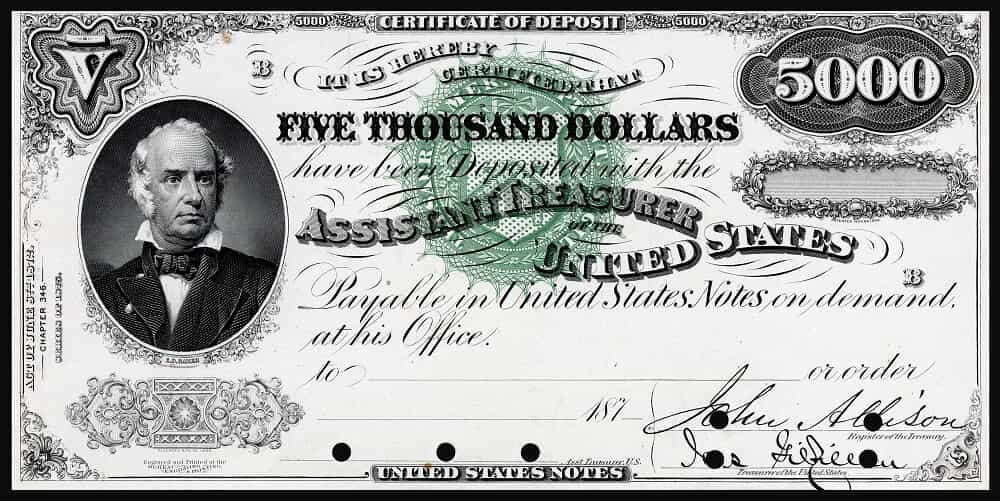A Certificate of deposit (CD) is a product offered by banks and credit unions that provides an interest rate premium in exchange for the customer agreeing to leave a lump-sum deposit untouched for a predetermined period of time. Almost all consumer financial institutions offer them, although it’s up to each bank which CD terms it wants to offer, how much higher the rate will be compared to the bank’s savings and money market products, and what penalties it applies for early withdrawal.
Why Would I Open a CD?
Unlike most other investments, certificates of deposit offer fixed, safe interest rates that can often be higher than the rates paid by many bank accounts. And CD rates are generally higher if you’re willing to sock your money away for longer periods. As a result of the US Federal Reserve’s rate hikes since 2017, CDs have become a more attractive option for savers who want to earn more than most savings, checking, or money market accounts pay, but without taking on the risk or volatility of the market.

Looking around for the best CD rates is crucial because financial institutions offer a big range. Your traditional bank might pay a pittance on even long-term CDs, for example, while an online bank or local credit union might pay three to five times the national average. Meanwhile, some of the best rates come from special promotions, occasionally with unusual durations such as 13 or 21 months, rather than the more common terms based on 3, 6, or 18 months or full-year increments.
Key points to remember
- Top-paying certificates of deposit pay higher interest rates, in exchange for leaving the funds on deposit for a fixed period of time.
- CDs are a safer and more conservative investment than stocks and bonds, offering lower opportunity for growth, but with a non-volatile, guaranteed rate of return.
- Virtually every bank, credit union, and brokerage firm offers a menu of CD options.
- The top nationally available CD rates are typically three to five times higher than the industry average for every term
- Although you lock into a term of duration when you open a CD, there are options for exiting early should you encounter an emergency or change of plans.

How Does a CD Work?
A CD opening is similar to opening any standard bank deposit account. The difference is what you’re agreeing to when you sign. After you’ve shopped around and identified which CD(s) you’ll open, completing the process will lock you into a four things
Interest rate
Locked rates provide a clear and predictable return on your deposit over a specific time period. Banks cannot later change the rate, and this reduce your earnings. On the other side, if rates later rise substantially a fixed return may lose your opportunity to take an advantage of higher-paying CDs.
Term
Length of time you agree to leave your funds deposited – to avoid any penalty (e.g., 6-month CD, 1-year CD, 18-month CD, etc.). It ends on the “maturity date,” when your CD has fully matured and you can withdraw your funds penalty-free.
The principal
This is the amount you agree to deposit when you open the CD.
The institution
The bank (or credit union) where you open your CD will determine aspects of the agreement, such as early withdrawal penalties (EWPs) and whether your CD will be automatically reinvested if you don’t provide other instructions at the time of maturity. Once your CD is established and funded, the bank or credit union will administer it like most other deposit accounts, with either monthly or quarterly statement periods, paper or electronic statements, and usually monthly or quarterly interest payments deposited to your CD balance, where the interest will compound.
You may also like
Opening an online bank account
Opening a bank online account is a very simple procedure that can be carried out directly from your home: all you need is a home Internet connection or access to the Internet even from mobile phones, in hotspot mode. Given that there are numerous proposals available on the net, some of which belong to 100%… Continue reading Opening an online bank account
Cashback credit cards: how do they work?
Cashback credit cards are payment cards that offer cash rewards for spending. Cashback does not mean receiving the amount in coins or bills, but it does mean having more dollars in cash, as a credit that reduces your account balance.
Getting personal loans during COVID-19 crisis
As the pandemic continues its run, many lenders are struggling with difficult loan management. While some banks seem to have taken a more restrictive direction, raising the requirements for the granting of personal loans, others seem to have understood the financial difficulties of consumers by granting small-dollar loans at very affordable rates.
A guide to Savings account to save money in cash
We aim to help you to be confident in making financial decisions. Choosing the right savings account is surprisingly simple!
